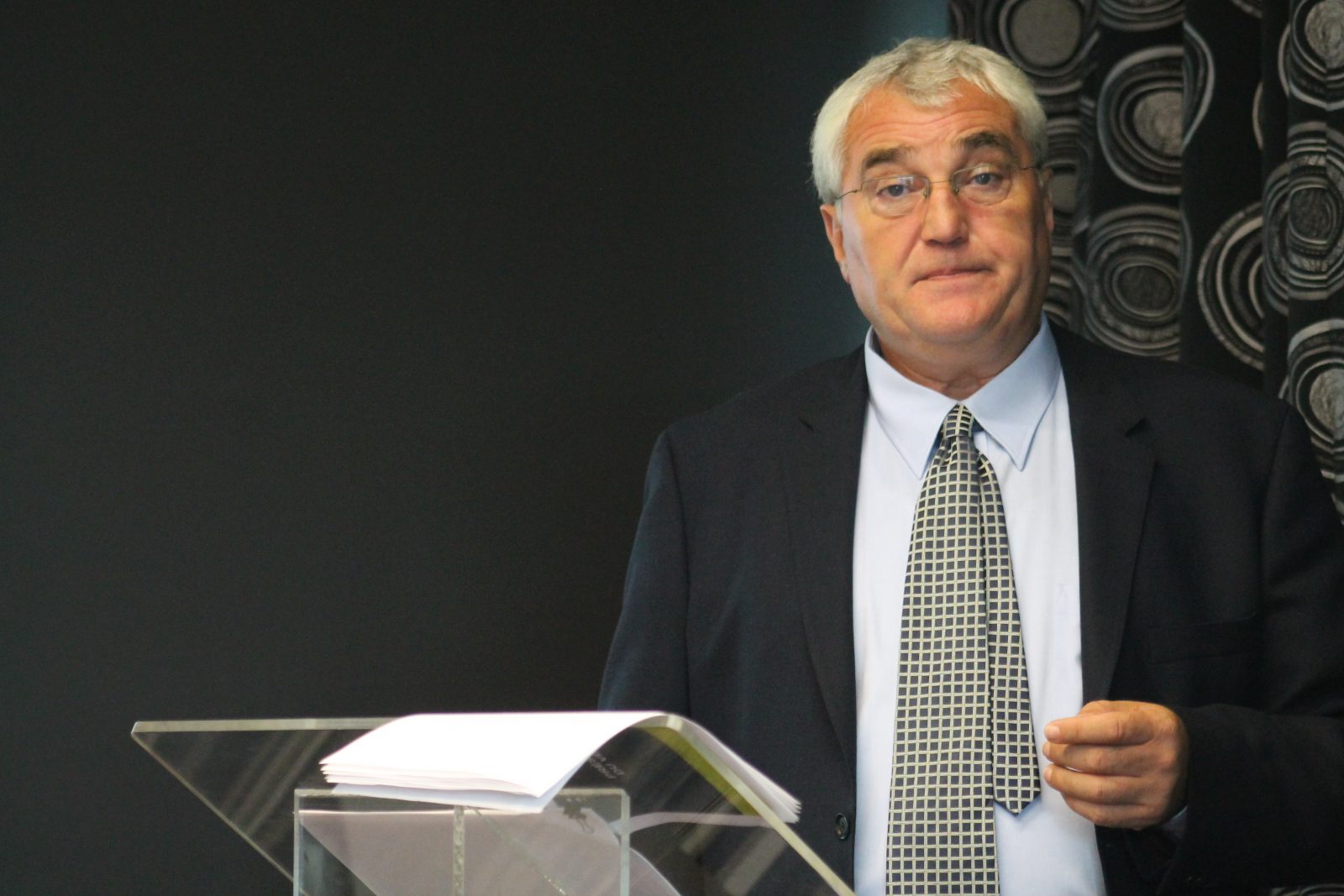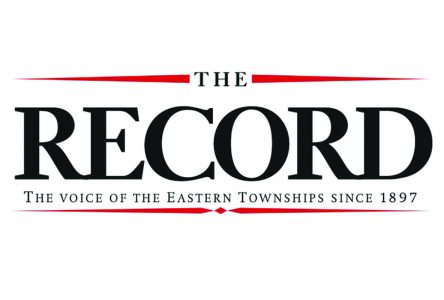Sherbrooke’s Auditor General, Claude Cournoyer, made his annual report on Tuesday, giving the city’s books a generally favourable grade, but frowning on the inefficiency of the way Sherbrooke has been handling government grant applications and the relative inefficiency of the local police force. Cournoyer emphasized that the city can generally be proud of its operations and stated that his job as auditor is to optimize efficiency, but underlined that Sherbrooke could have saved $4-5 million in 2014 by tightening up its operations in the ways that he recommends in this year’s report.
The Auditor General made twenty recommendations in total as a part of his report, nine having to do with government grant management and eleven with regard to the Sherbrooke Police Service.
When it comes to public works, Cournoyer said, the market has shifted over time such that almost none of the communities in Quebec rely on their own, in-house expertise anymore. In that respect he argued that Sherbrooke is doing a good job of maintaining its own services rather than subcontracting. Where the city falls short, however, is in communicating with the proper government bodies and knowing the rules with regard to getting the grants that are available for public works projects. Citing a lack of communication between 2002 and 2014, the Auditor General suggested that Sherbrooke develop a closer relationship with the MAMOT, Quebec’s ministry of municipal affairs.
Sherbrooke’s police service is significantly larger than those of similarly sized cities in Quebec, according to Cournoyer. The explanation offered for this, the Auditor General said, is that Sherbrooke’s significant student population requires a more substantial police presence, but he argued that the difference between the needs and the resources available don’t match up. Among the many things suggested, The Auditor General encouraged the SPS to consider cutting down on its temporary workforce and put an effort into cutting the time spent on administrative tasks.
With regard to the city’s follow up on past recommendations, Cournoyer declared himself satisfied with the progress made to date, with 93 per cent of recommendations made for the years 2003-2008 addressed, 73 per cent of those for 2010-2012 addressed and 54 per cent of last year’s recommendations either addressed or under consideration.






